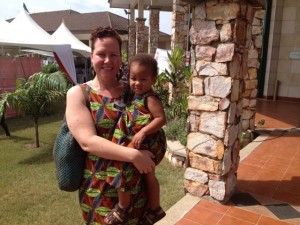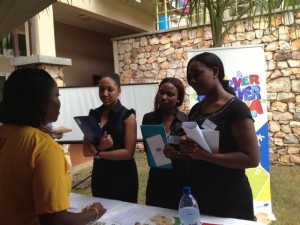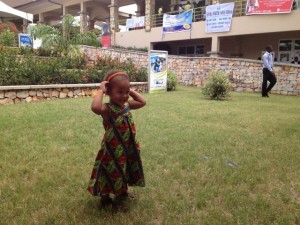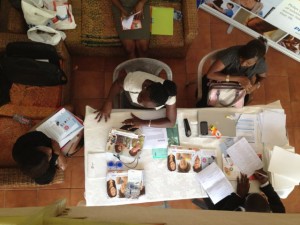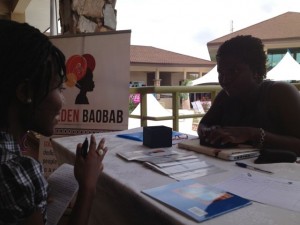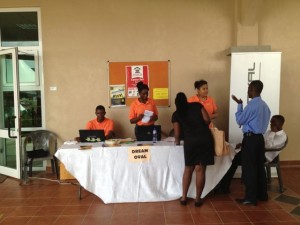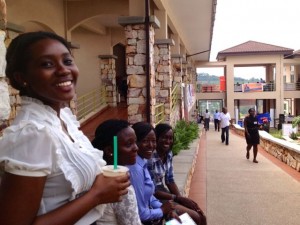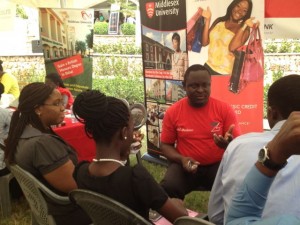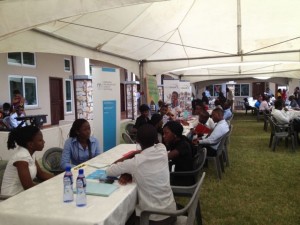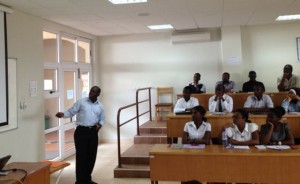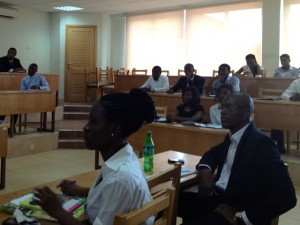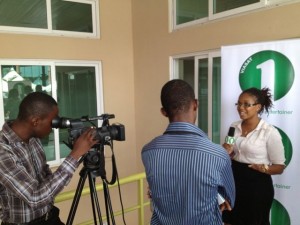At the end of 2018, I sat next to a man in a crowded auditorium at University of Ghana for the International Communication Association Africa conference (ICA Africa). I introduced myself and after the opening keynotes (Ghanaian Vice President Bawumiah and Cameroonian Professor Nyamnjoh), we couldn’t help but debrief together on how interesting it was. The man I was talking to was Communications Professor Kehbuma Langmia of Howard University. As we stood there, I told him about my work at Ashesi University, he attended my Policy Lab presentation on Internet Freedoms, and later invited me to contribute a chapter to a book he was putting together. Now the book Digital Communications at Crossroads in Africa: A Decolonial Approach is out!
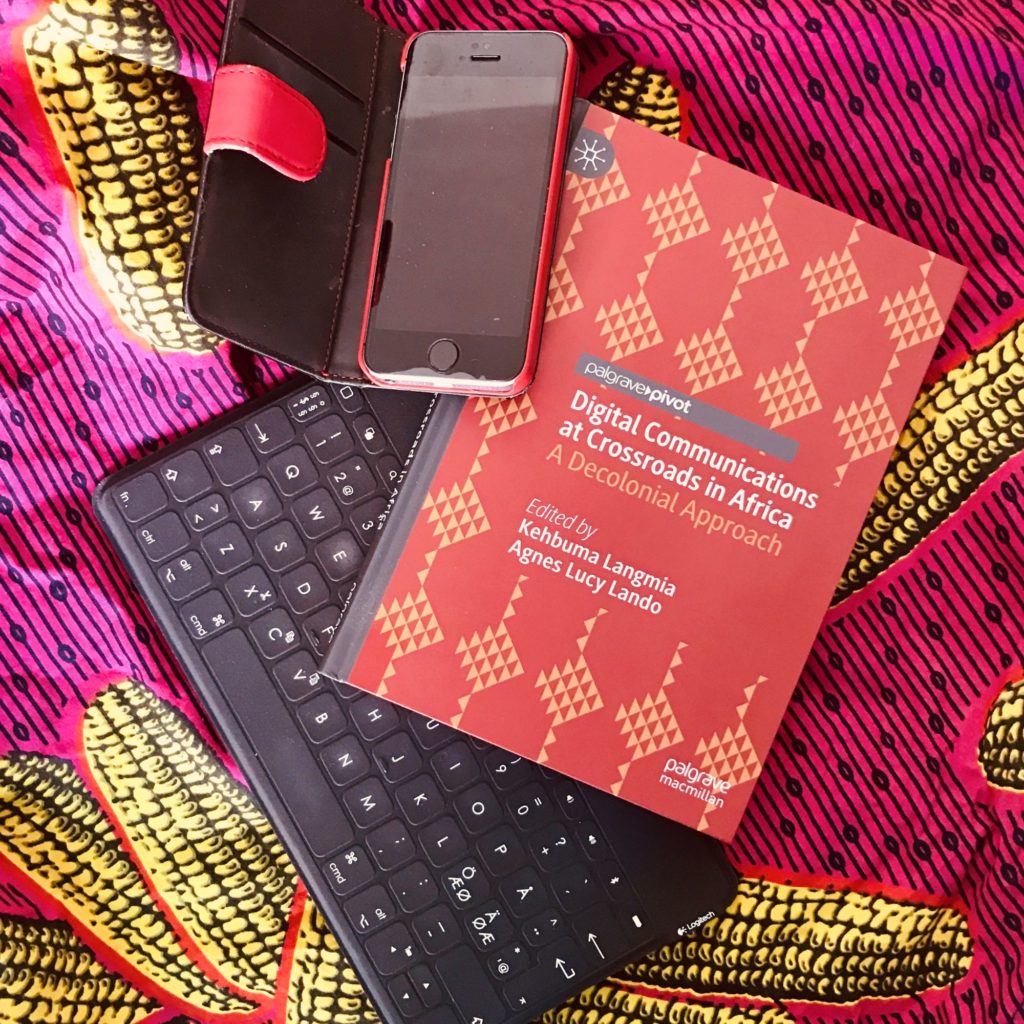
In my chapter, Digital Communication Tools in the Classroom as a Decolonial Solution: Pedagogical Experiments from Ashesi University in Ghana, I argue digital communication tools like Twitter and Wikipedia can decolonize not just minds, but classrooms too, as the tools support students and lecturers together to rethink, reimagine, and reshape knowledge production.
In the chapter, thought hard about the idea — at this point-in-time almost catchphrase — “decolonizing the university” and what it really means, like HOW do we DO it? As part of understanding the many possible meanings, I outlined five aspects of decolonizing the university. I deduced it is ultimately about sharing power with students, examining implications about what we include and exclude in our classroom conversations and course outlines, changing the content, providing epistemological access, and finally decolonizing also the institutions.
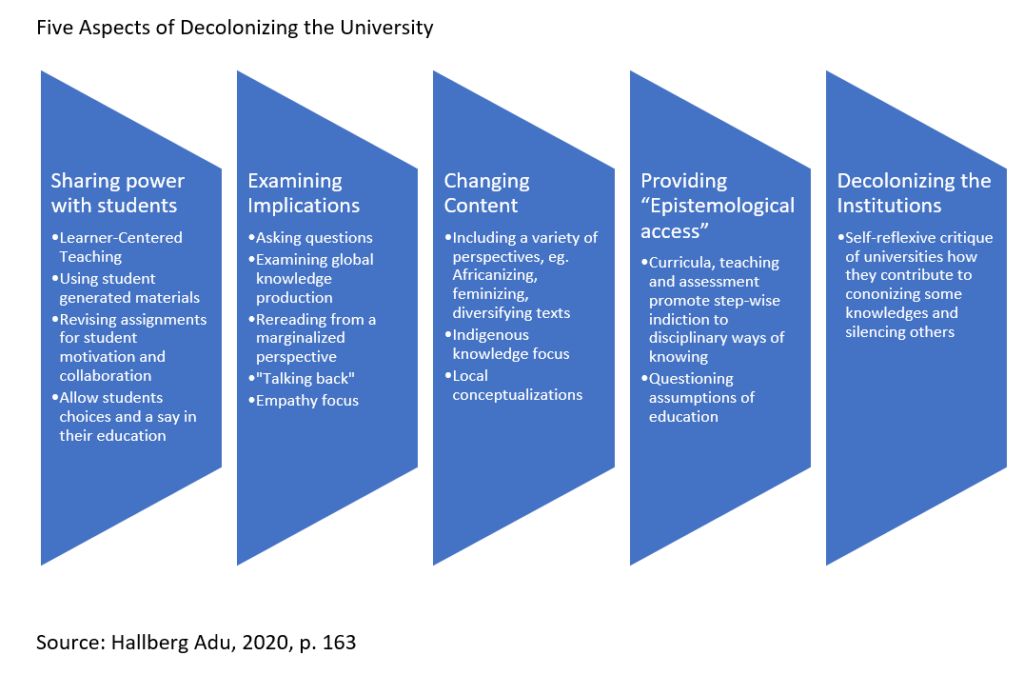
After arriving at these five aspects of decolonizing the university, I wanted to say something about how digital communication tools can address or bridge these aspects. See figure below.
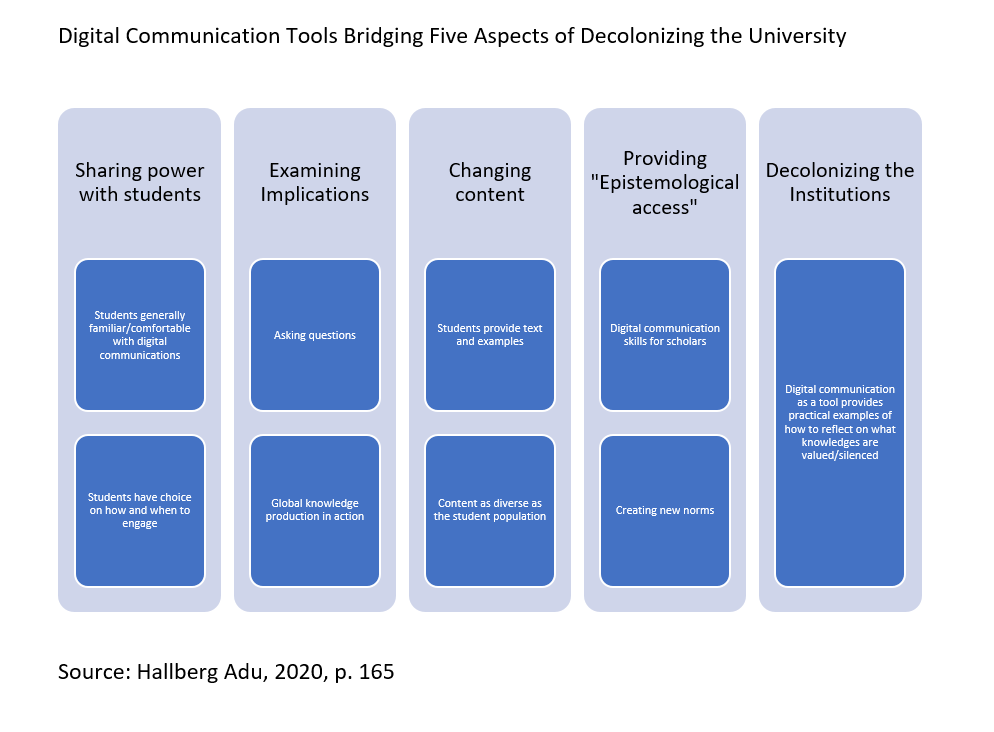
If you click on the linked button below, you can get a preview of my chapter.
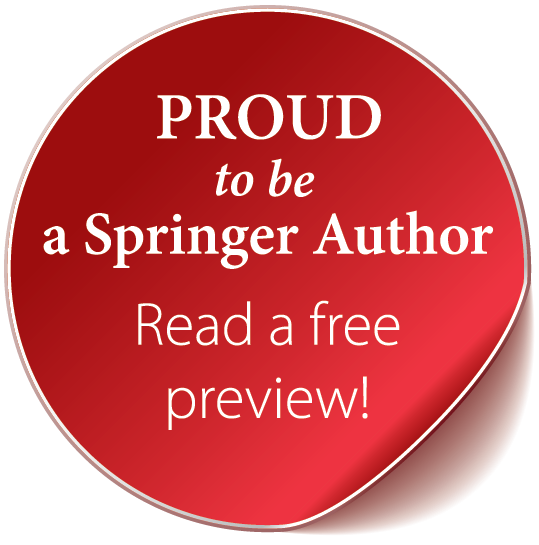
I would love to hear what you think of my ideas and the operationalization of decolonization of universities into five aspects. What did I overstate or miss entirely? Do you agree digital tools can be of help or are they merely new, sexier methods to further colonize the world-at-large by the few?
I would like to thank the editors of the volume Dr. Agnes Lucy Lando of Daystar University, Kenya and Dr. Kehbuma Langmia for open arms and good collaboration, Open Foundation West Africa for assisting with Wikimedia in the classroom, and colleagues and students at Ashesi University, Ghana.

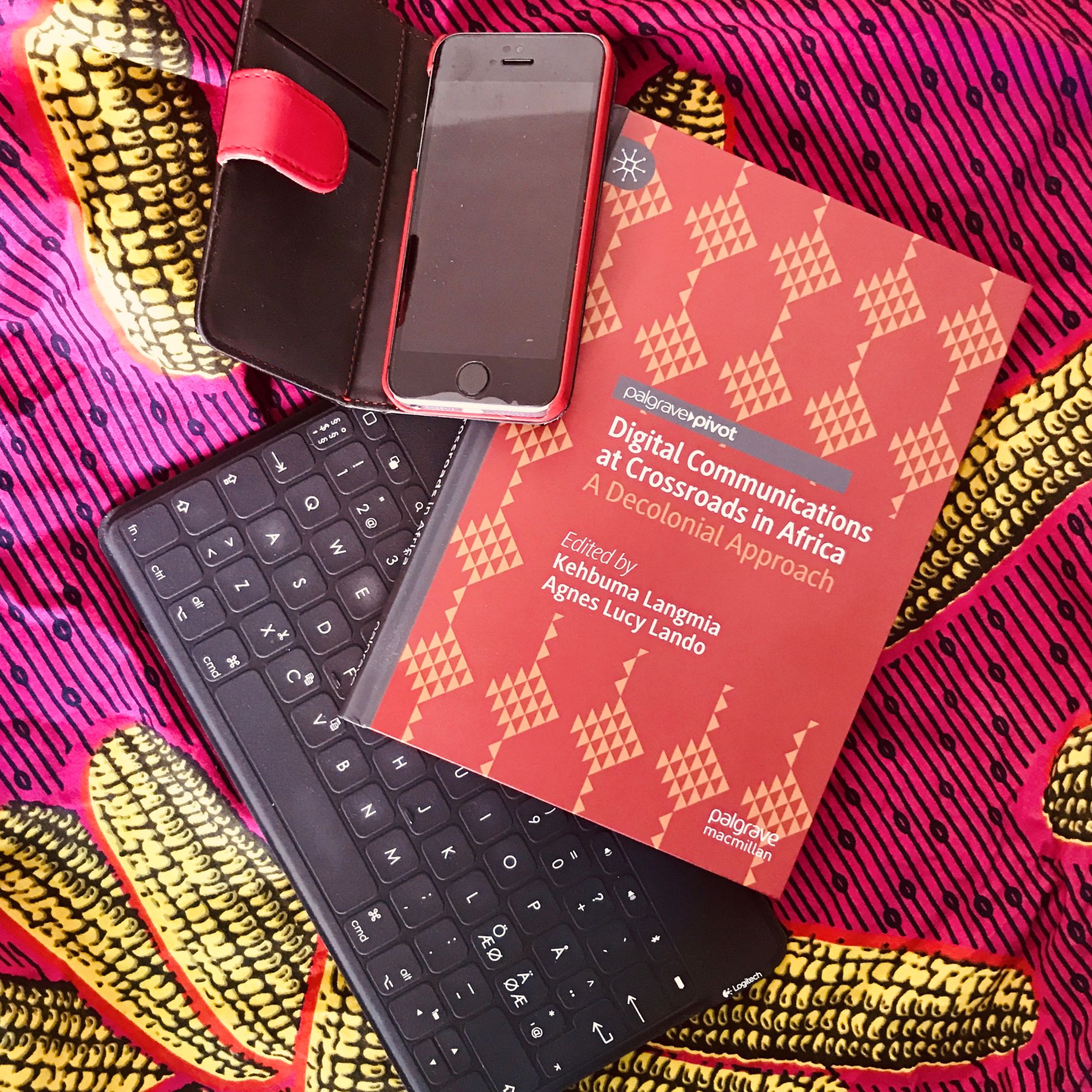
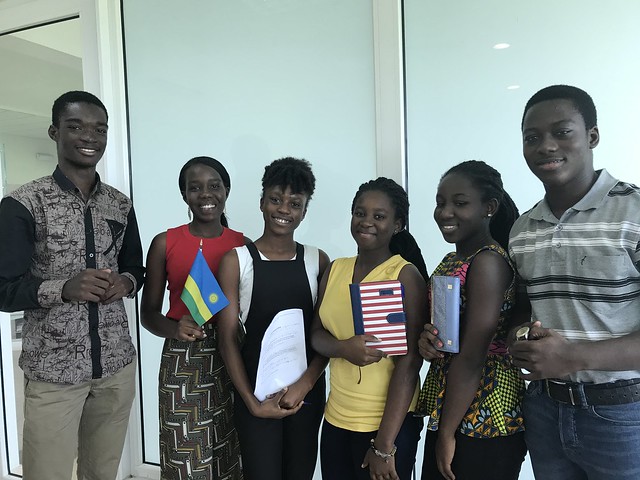
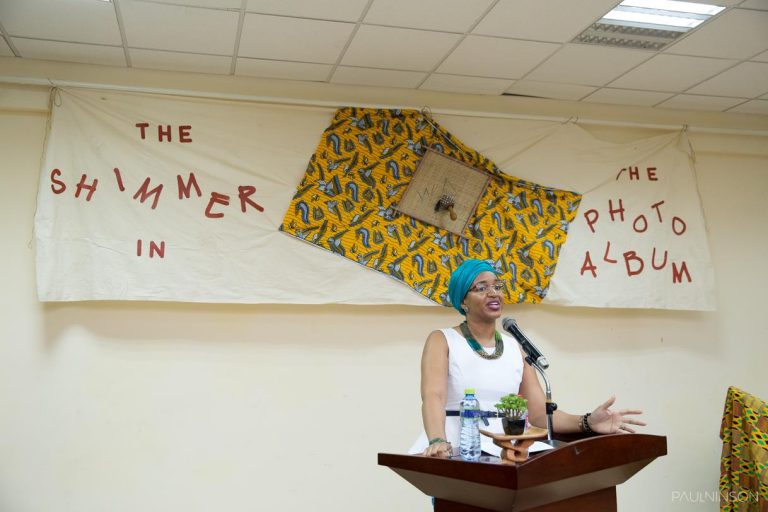
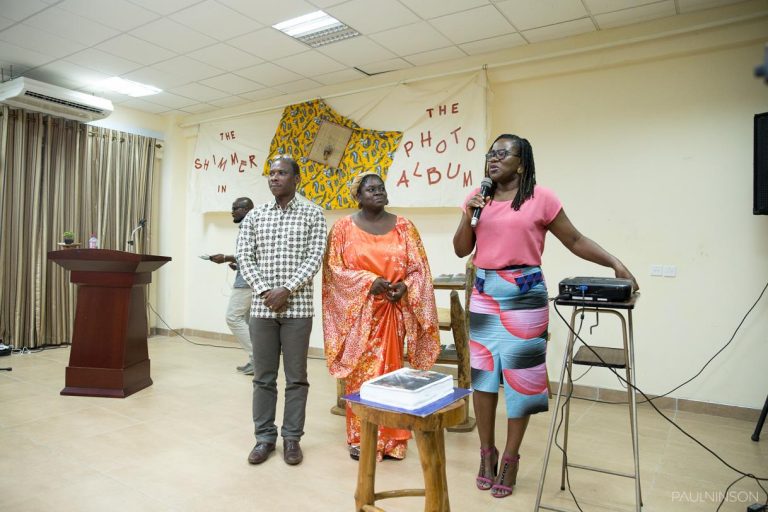
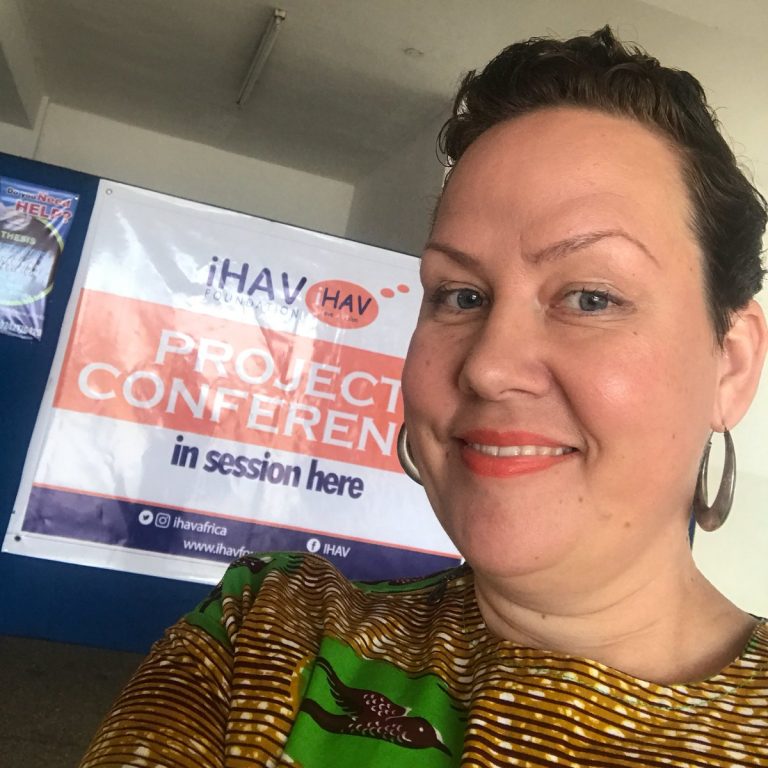
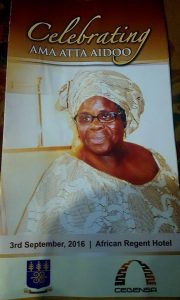
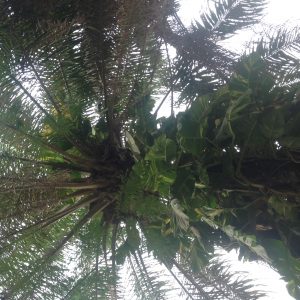
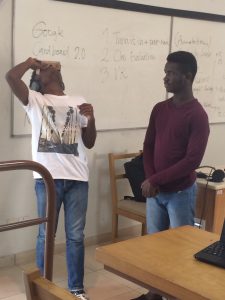 This is a workshop on engaging, simple, and efficient use of Virtual Reality and Social Media in the classroom.
This is a workshop on engaging, simple, and efficient use of Virtual Reality and Social Media in the classroom.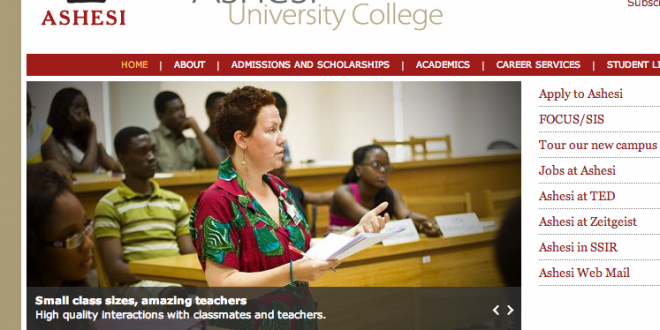
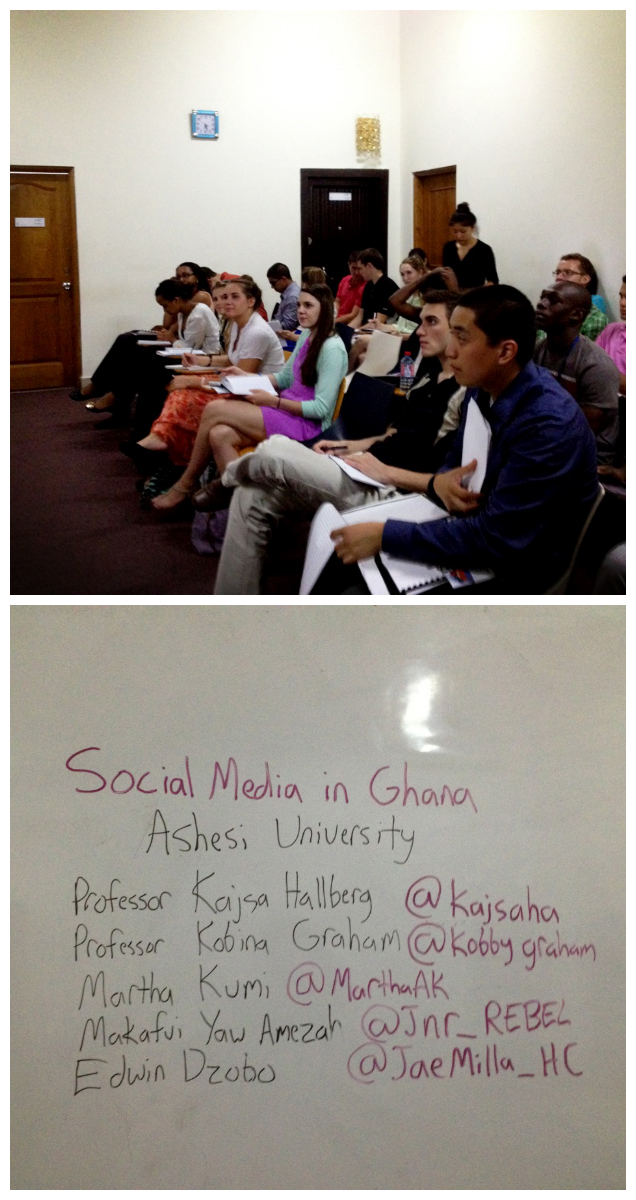 Last year, I got an email from
Last year, I got an email from 